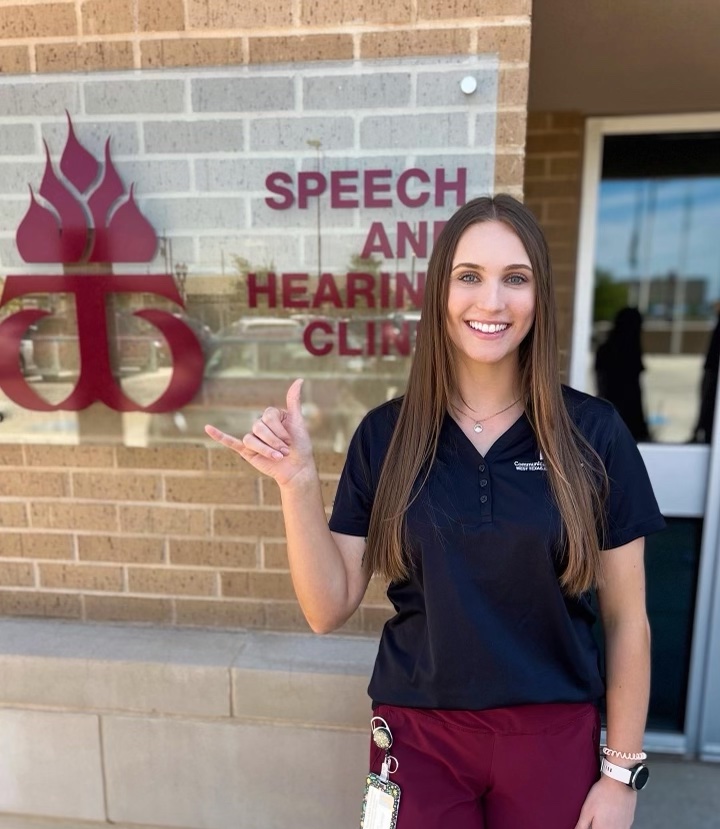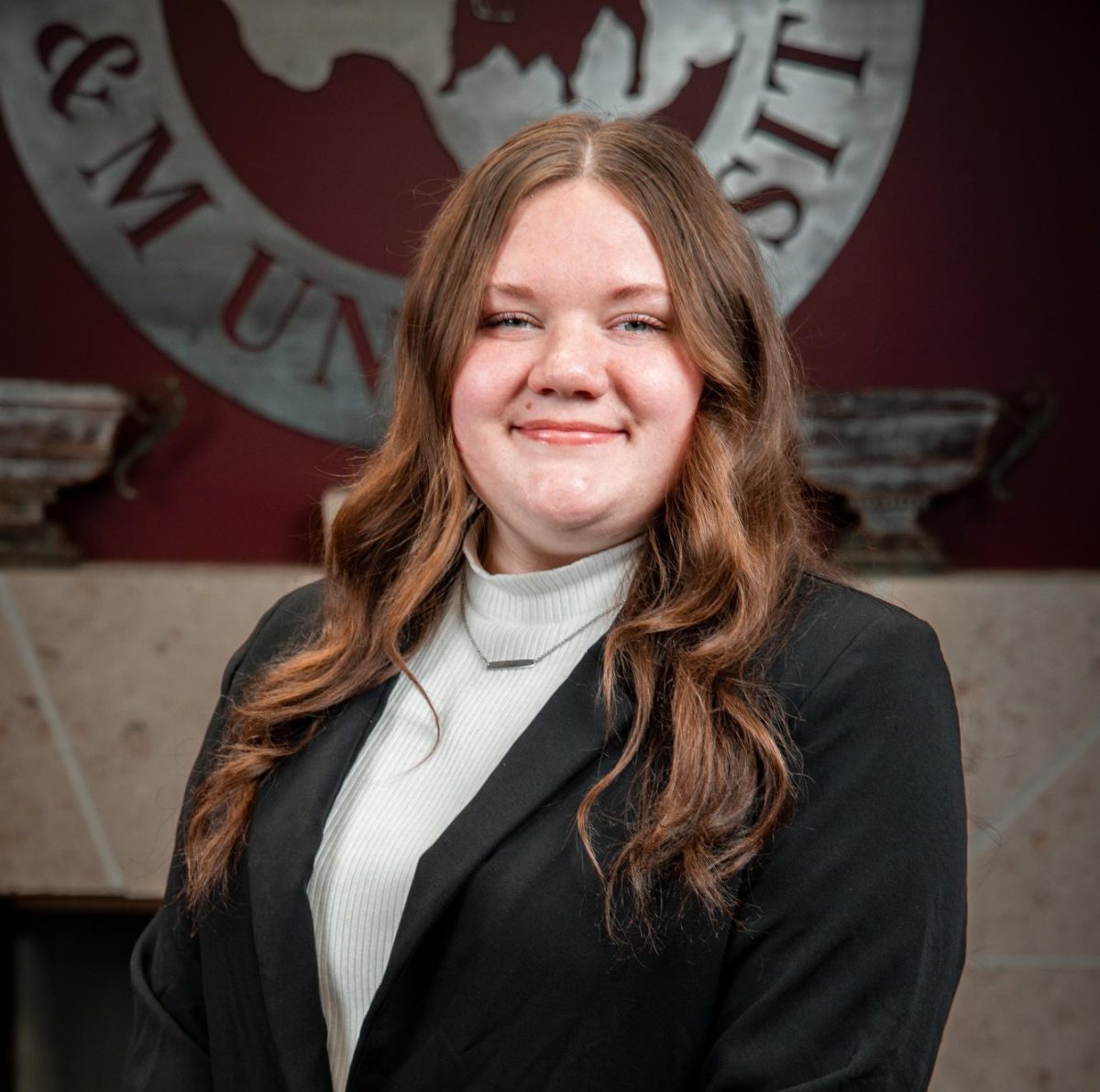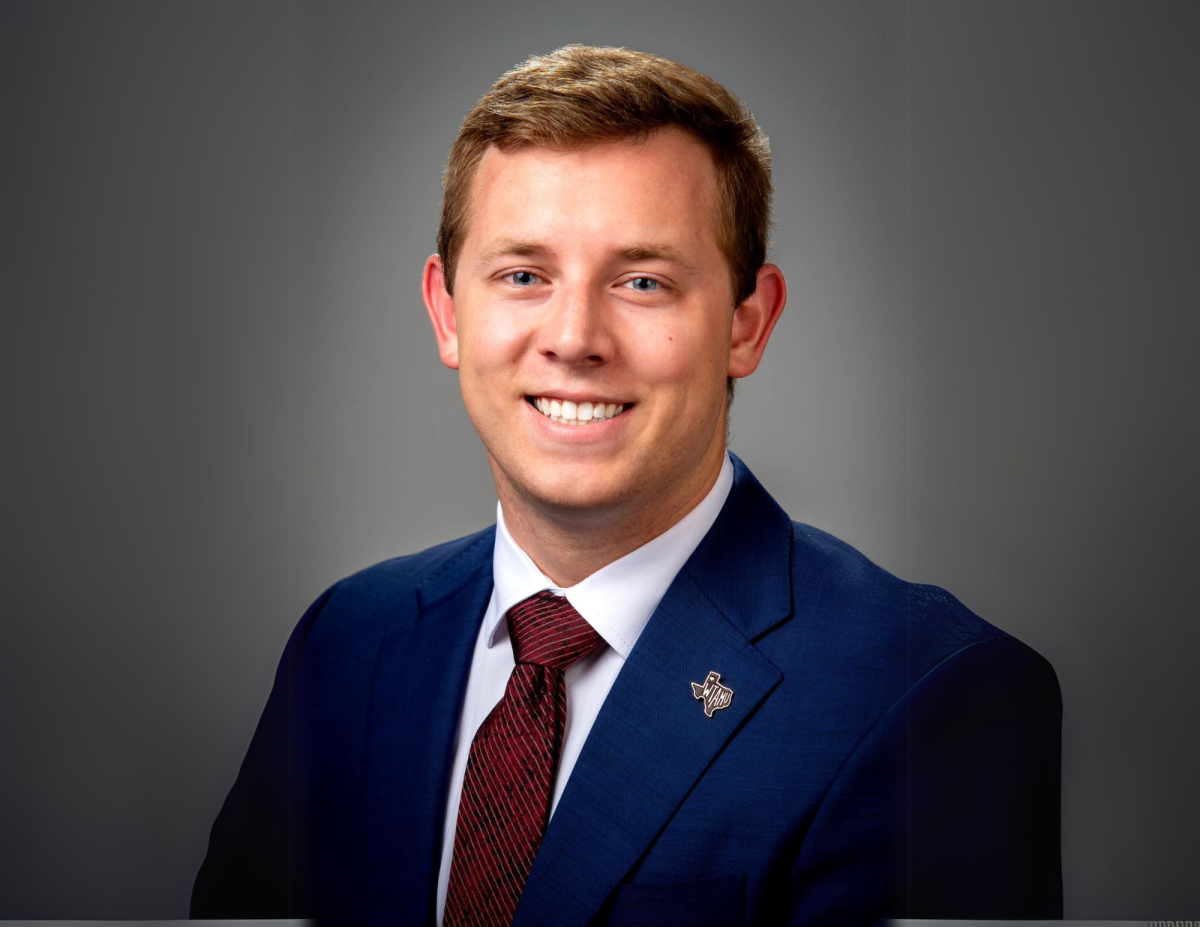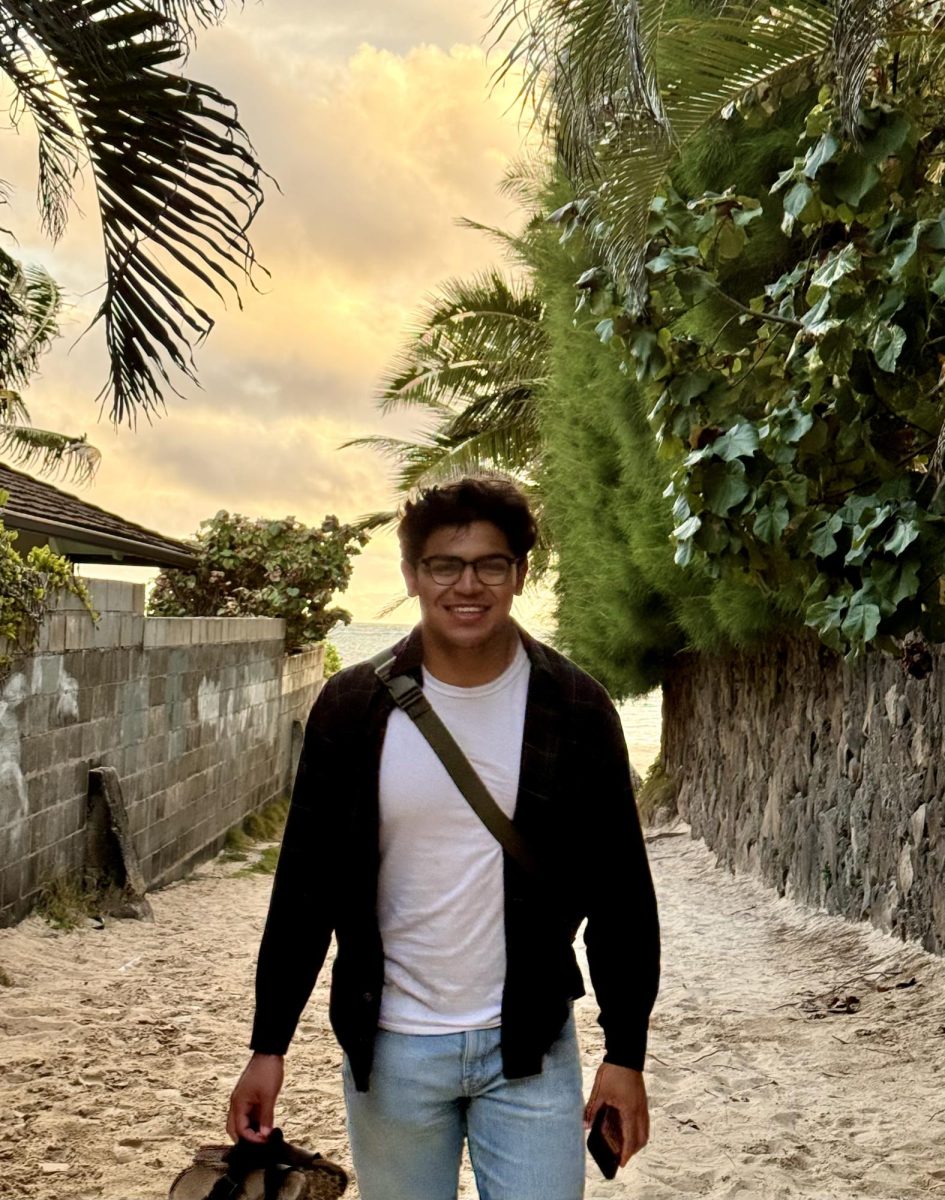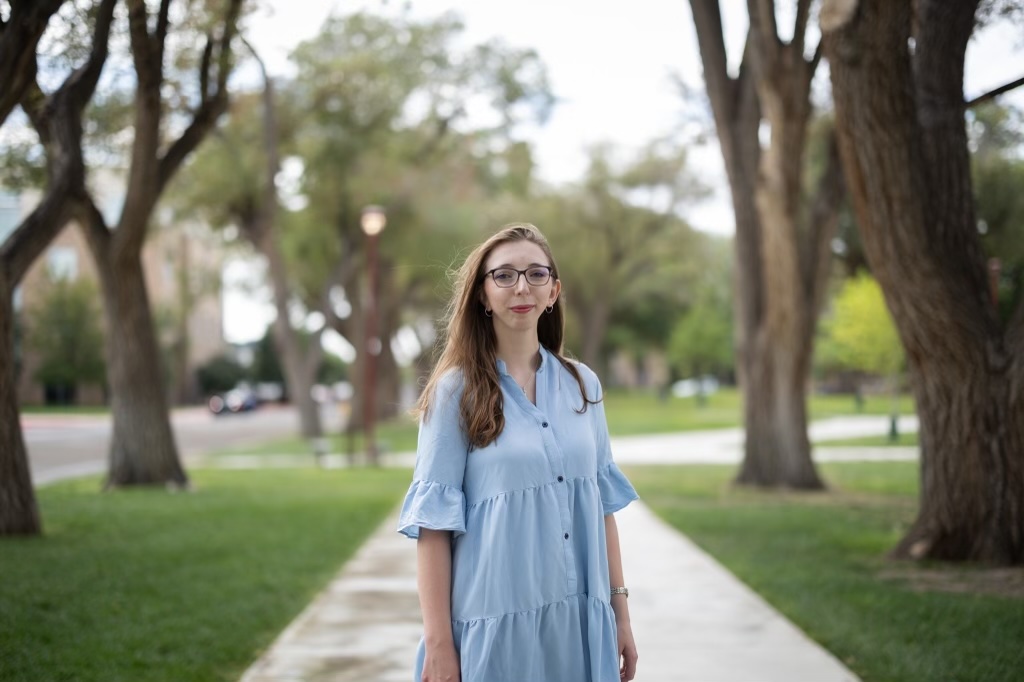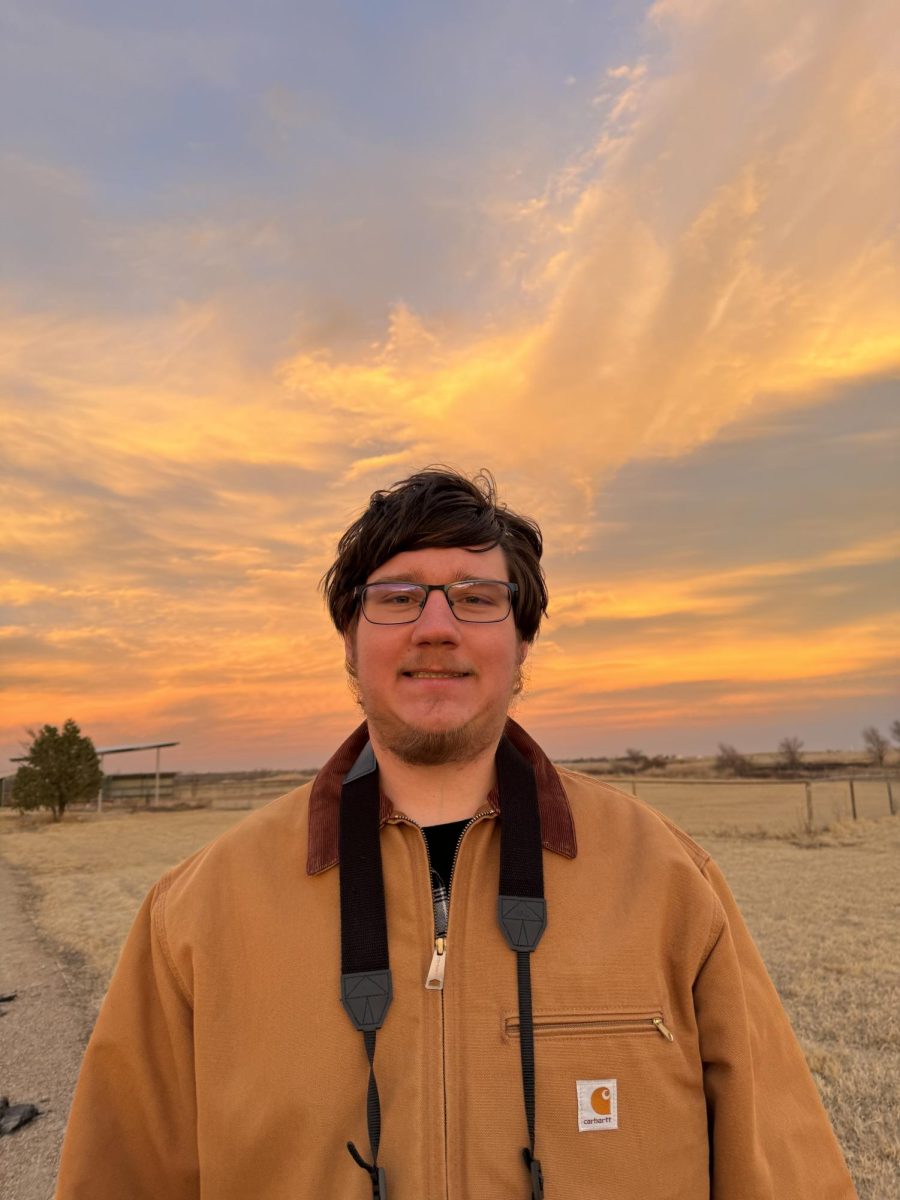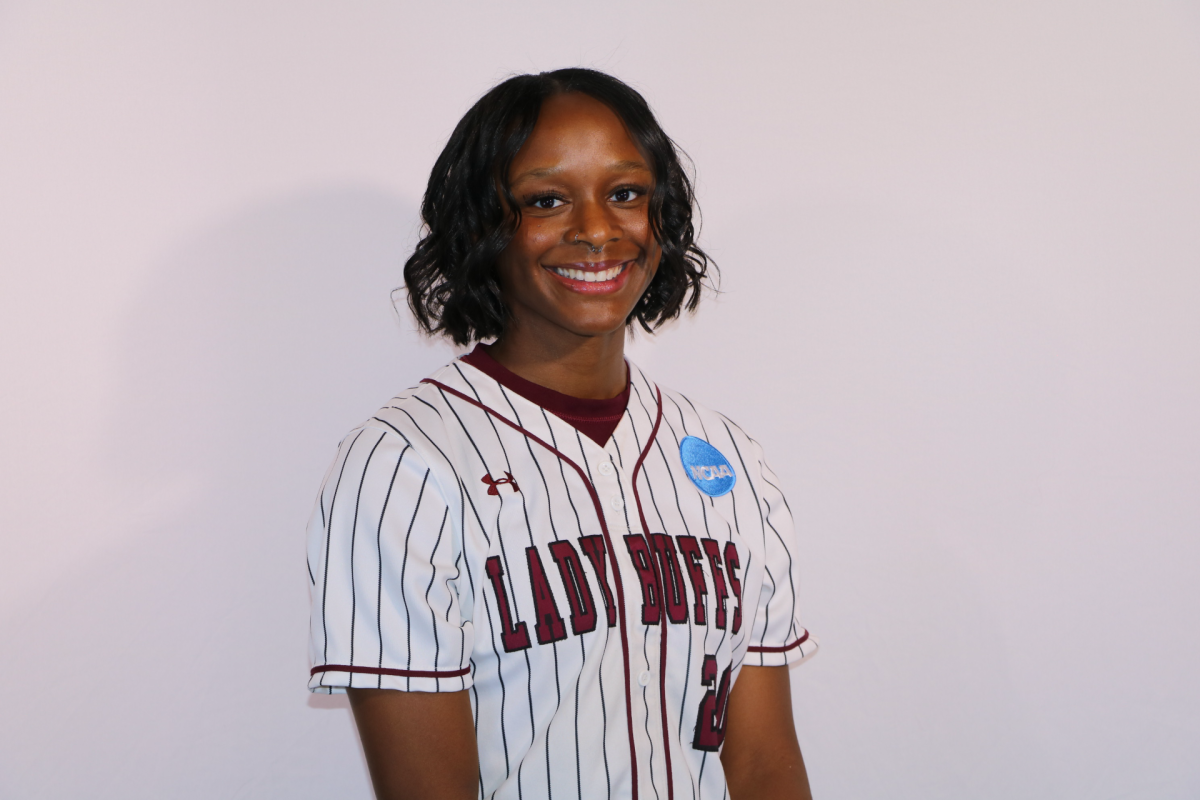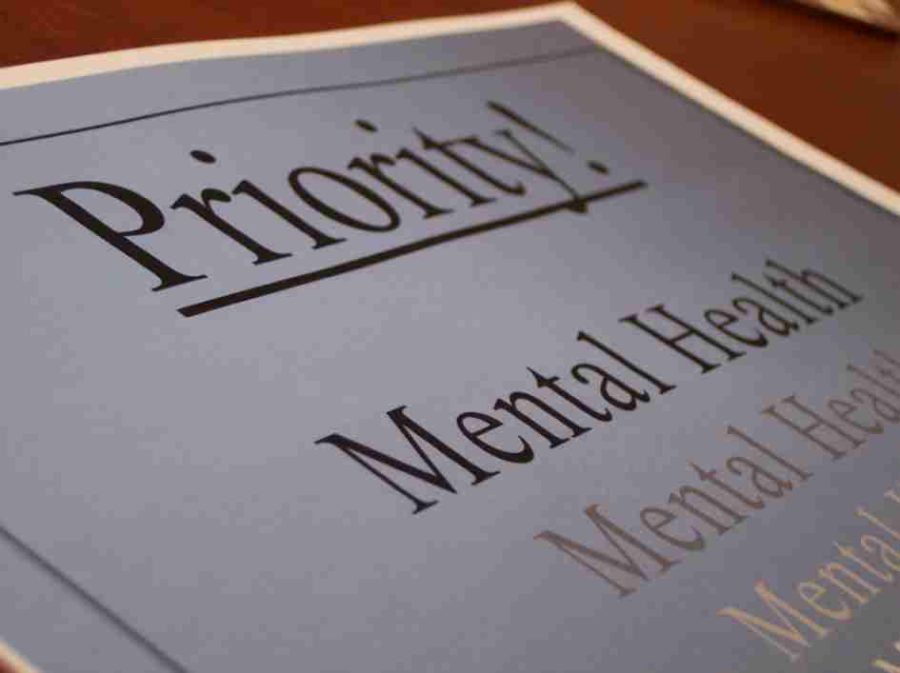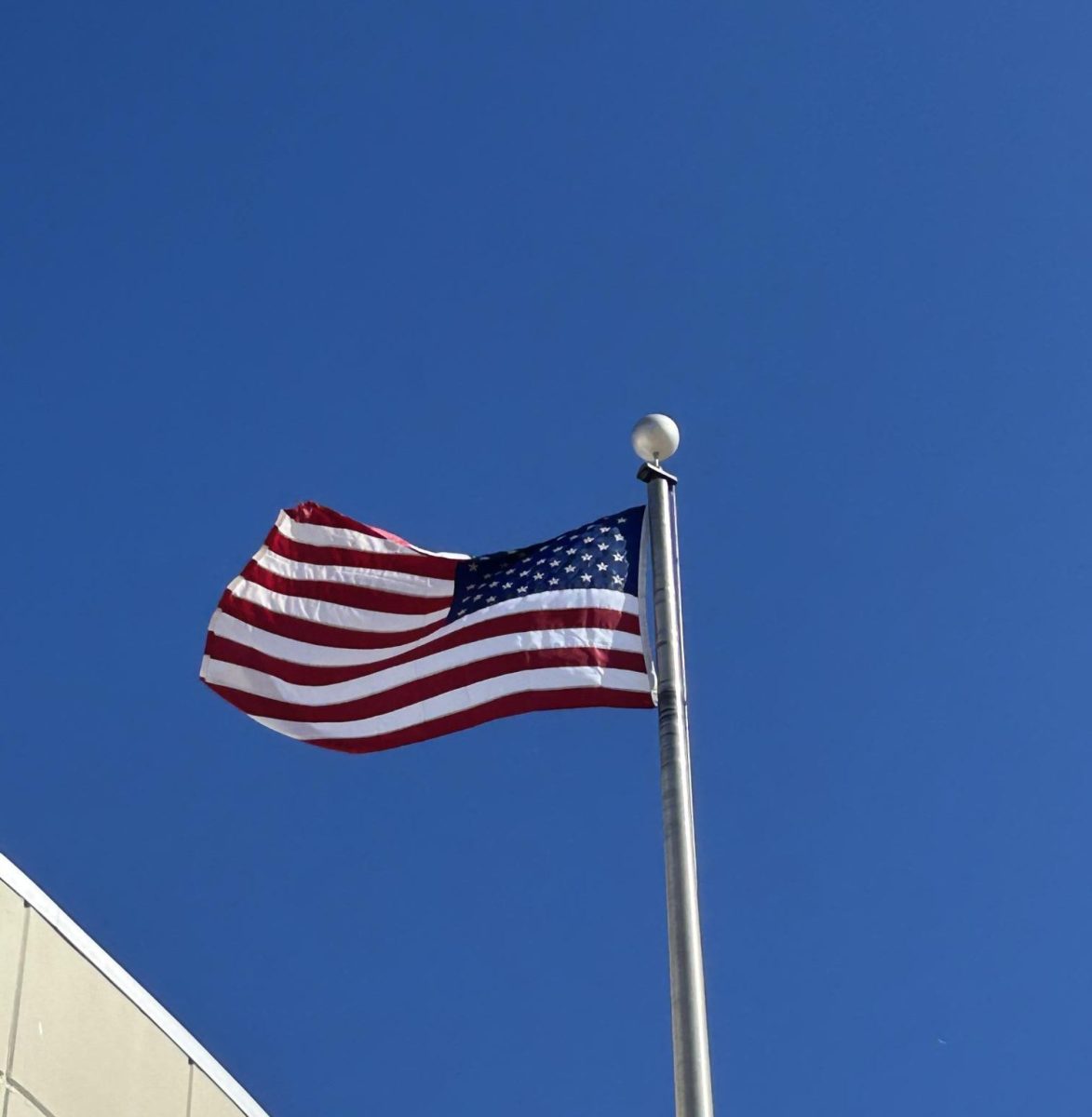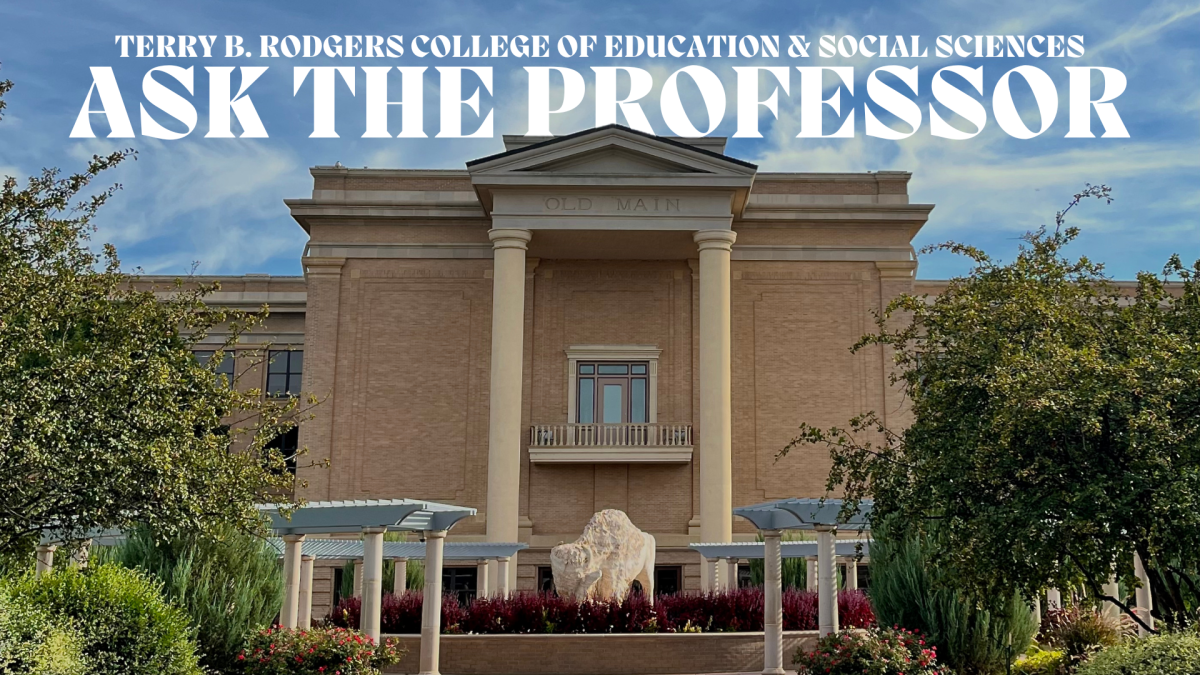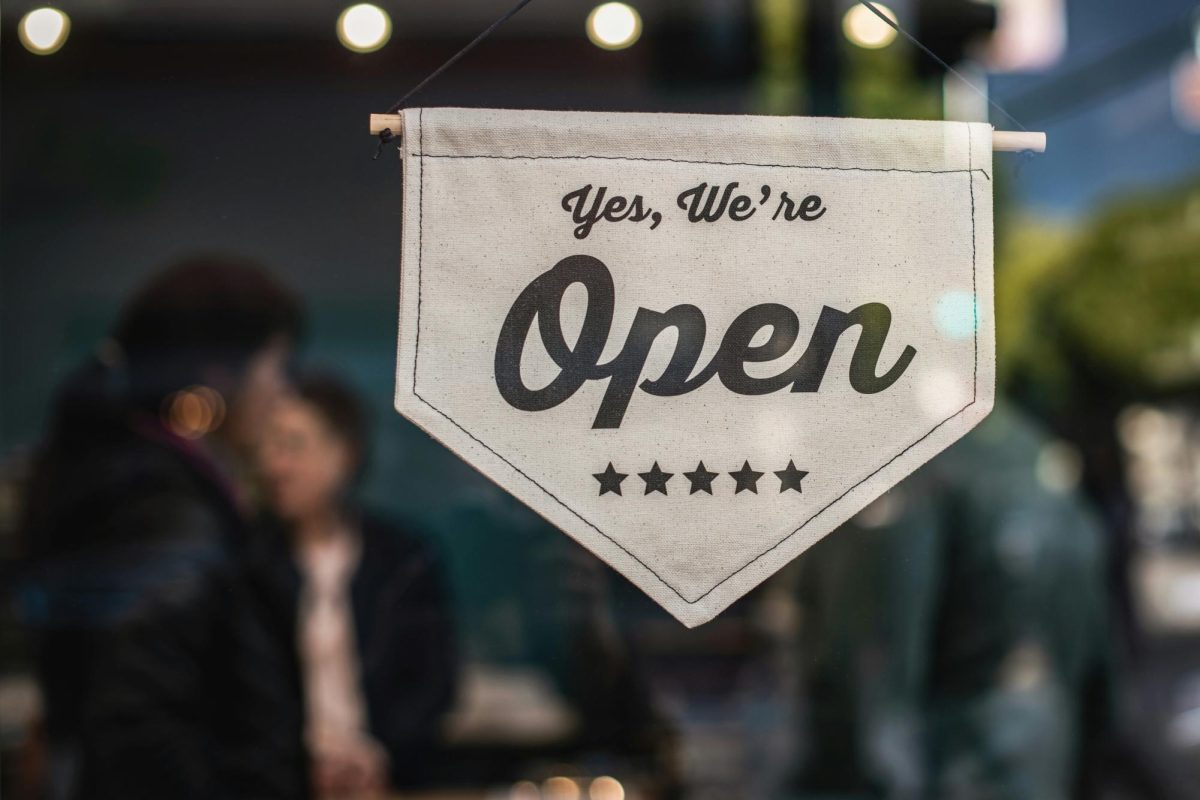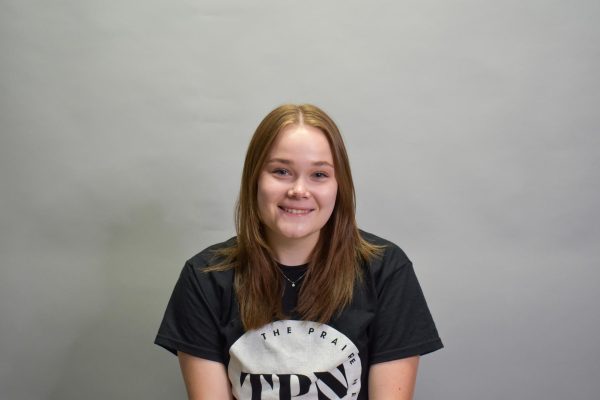Alli Davis is a graduate student pursuing a master’s of science while majoring in communication disorders. Davis was born and raised in Durango, Colorado, but moved to Canyon during high school when her family decided to relocate. Davis is working diligently and genuinely passionate about her career goals.
Davis’ ideal career is to work as a speech-language pathologist.
“Our program is called communication disorders, but my undergraduate degree is called audiology and speech-language sciences, but it’s just speech-language pathology,” Davis said. “I’m getting my master of science degree to become a speech-language pathologist and hopefully graduate this May.”
Her grandmother’s informing her about the world of communication disorders led Davis to become a speech-language pathologist.
“Oh, gosh, my grandmother told me about the communication disorders field and since then, I just fell in love with it,” Davis said. “I researched all the possibilities this field has to offer. I originally thought it was just like helping kids with speech sounds. However, when I realized it’s so much more involved than that, I fell in love with it because I believe that I can make a difference and help the people in our community communicate and reach their full potential.”
The world of speech-language pathology is very diverse. Speech-language pathologists work with individuals of all ages to help improve their difficulties with speech sounds, language, literacy, social communication, fluency, cognitive communication, feeding and swallowing. Speech-language pathologists work in various environments, including private practices, schools, universities, hospitals, physician offices, residential healthcare facilities and rehabilitation centers.
“There are so many options in the field of speech pathology; you could go anywhere from a school setting to a hospital setting, as of right now, and [I] want to do outpatient work with kids,” Davis said. “So I’d like to work in a pediatric outpatient setting to help them with feeding, swallowing, speech sounds and language. There’s a lot that speech pathologists do that people don’t know about.”
A speech-language pathologist can benefit people as it serves everyone, working with people to give them the ability to overcome any challenges concerning communication, learning and swallowing difficulties.
“Speech Pathology really is one of the fields that helps serve anywhere from newborn babies to geriatrics,” Davis said. “We’re able to help them communicate with loved ones, help give them exercises to be able to swallow again, help them with pediatric feeding, which sometimes kids have sensory issues, so working to kind of desensitize them to something. So I think it’s really important, this field, so that we can help, you know, kids with special needs to be able to communicate and participate in things that they might not normally get to do.”
One of Davis’s favorite aspects regarding speech-language pathology is augmentative and alternative communication (AAC).
“One of the things I really like about speech pathology is we are specialized in what’s called AAC,” Davis said. “It allows kids who are essentially nonverbal to communicate by having a device and they can press words; it’s a speech generating device that allows them to talk to people. So, it’s really fun to work with them because kids that might not have ever gotten a chance to communicate are now able to talk with their family and make relationships with the people around them so that they are able to communicate their wants and needs.”
Davis received her undergraduate degree in audiology and speech-language sciences at a university in Greeley, Colorado, but chose WT to pursue her master’s of science degree to be closer to her parents. Another reason that Davis was drawn to WT is due to the communication disorders department’s focus on people’s mental health.
“One of the reasons I came to WT was because my parents are here, but I did an interview with the professors in the program and they emphasize that they really focus on people’s mental health which really interests me,” Davis said. “And they [communication disorders program] intentionally keep the graduate class smaller so that they can have more one-on-one with their students. I think that having that extra support has really helped all of us be more successful, and the professors really make it feel like we’re the ones that make the program so successful because we’re the future speech-language pathologists, and so they really pour into us and help us. That’s really what made me want to go to WT, so it made the University stand out. It’s called the wellness initiative, so they send out weekly emails with some tips and exercises that people can do to support our mental health.”
Since coming to WT, Davis has been able to have several externship opportunities to build her experience.
“I’ve only been here for a little over a year, but the program that I’m in allows us to do externships in different settings,” Davis said. “So, it really gives you that hands-on experience to be prepared when you graduate. I am at Turn Center right now, which is an outpatient facility that I love. Then, next semester, I’ll be at BSA Hospital, doing acute care and helping people with swallowing, cognition, memory, strokes and other things.WT actually has their own speech and hearing clinic, which is really awesome because students can go observe and get that hands-on experience with patients from around the community.”
Davis’ favorite part of WT is the welcoming community and people.
“Honestly, I just love the community and I love all the people here,” Davis said. “Everyone is willing to help each other and be successful.”
Outside of the classroom, Davis has participated in WT intramurals and volunteers in the community at Turn Center with kids’ inclusion and their parent’s night out event. She also participated in a childhood walk for apraxia. Davis enjoys hiking, camping and skiing since she grew up in the mountains, along with hanging out with friends and painting.
Davis believes you should always keep in mind the reason that you’re pursuing your desired career to help you reflect as you progress in your degree.
“Remember your why, like no matter what major you’re going into, what field you’re going into, just remember why you’re doing it and to look back on that and reflect on it when you’re struggling in school.”



